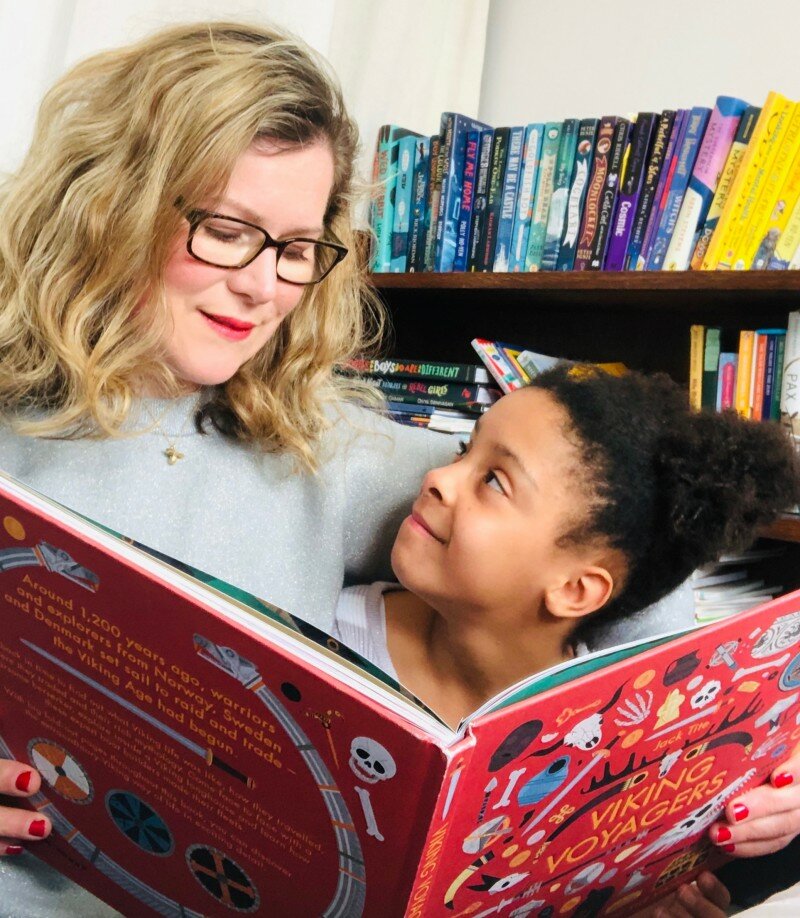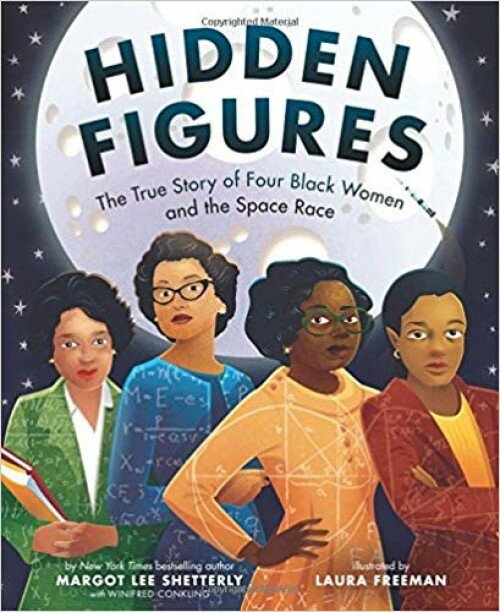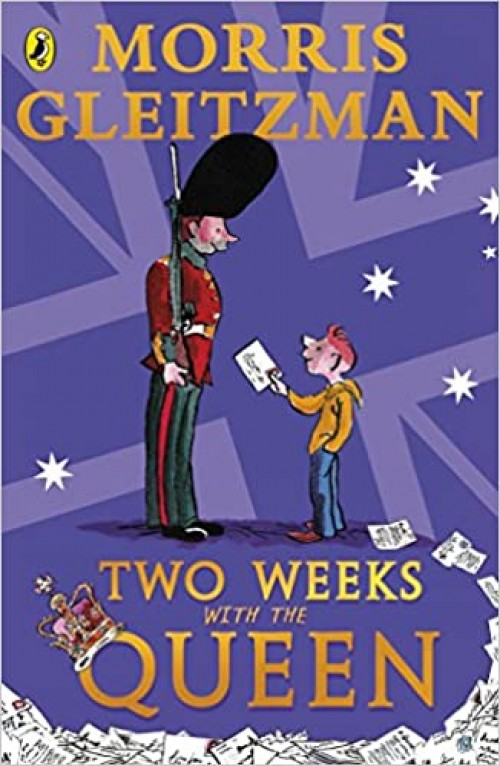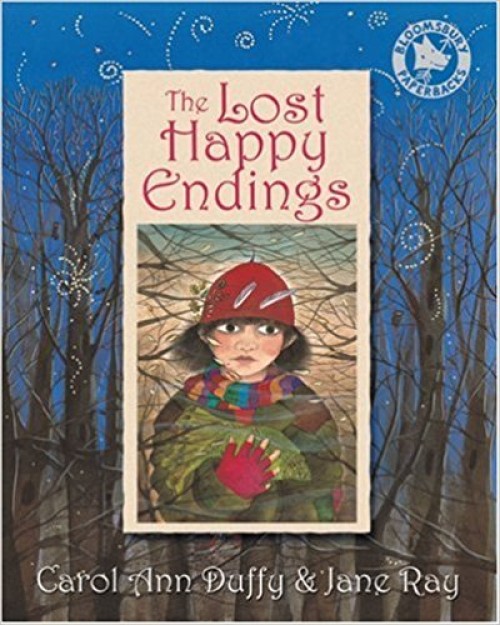13/05/2020
Supporting Reading Fluency at Home
When schools closed back in March, most children would have come home with a reading book that they wouldn’t have been able to change for sometime. Although some schools have arranged swaps since and some schools sent home more than one book, the expectation to carry on reading at home would have been universal, with learning to decode for fluency being one of the core skills of primary. Whilst our last blog focussed on Reading for Pleasure at home, fluency is important for many reasons: we want our children to feel that reading is effortless and once reading with accuracy and efficiency is established, we can ensure readers can recognise and understand the meaning of words which really helps with comprehension.
For some children the struggle of reading fluently creates a barrier to reading for pleasure and as adults wanting to support, this can be a frustrating time, so we’ve put together a little list of strategies that have worked for us - as parents and teachers – to help readers be more confident, more engaged and more fluent.
Read and read again
The book that you might have had for 6 weeks now is worth returning to. Even if your child has read it backwards and upside down. The key to fluency is creating a muscle memory for words and whilst some children will use their phonic knowledge to effortlessly decode, many will rely on the ‘shape’ of a word. Read it again and again, taking it in turns, sentence by sentence or word by word even. Let your child pick three words that they will always read and you read the rest. Use silly voices. Miss pages out – do they notice? Repeat sentences. All of these help with the familiarity of the simplest texts (even when there is little plot to grasp) but it will help towards the ultimate goal of ‘automaticity’.
Rewrite and reread
Repeated readings is the sure-fire method for children becoming familiar with high-frequency words, particularly those that are ‘common exception’ words where the phonics doesn’t seem to work as they may be exceptions to the rule, e.g door, climb, beautiful. These are all in the spelling part of the National Curriculum (Appendix 1) so you can cross-reference here, but when they appear in books they can present problems for a child decoding them and disrupt their fluency. Make a game of these words and rewrite the sentences within the books to have a different meaning but where the words sit in a different place. Can they recognise them now?
Take the words out and put them back in again
Pre-teach the words that you predict they might find difficult and that will disrupt the flow. Put them on separate bits of card or post-its. Look at them, read them and then locate them within the text so that when it comes to the word they know it. Spotting words, or phonemes* within words helps with quick recognition later on that can applied from text to text. Once the text is known really well, you can cover them up and children can put the words back in.
Take it outside
We are acutely aware that whilst we are all in the same storm right now, we are all in different boats. We all have different indoor spaces and some children will find reading at home, in any room, a chore. Now that we can go outside and sit outside, it’s worth finding a patch of ground and sitting together to share a book or even a page. (Ideally with a snack!) Reading in fresh air makes all the difference to our senses - if the weather is good enough!
And finally, if the book doesn’t engage, or it appears to be too difficult for the child to decode then put it down. Find something else to read or even write something for them to read. One sentence of happy reading is always worth more than a page of tears.
*the smallest unit of sound
Posted in: Home Learning
Products
Training
-
22 Jan
An Introduction to the Literary Curriculum - online course
Suitable for: New teachers at existing Literary Curriculum schools, schools new to the the Literary Curriculum
View Details






